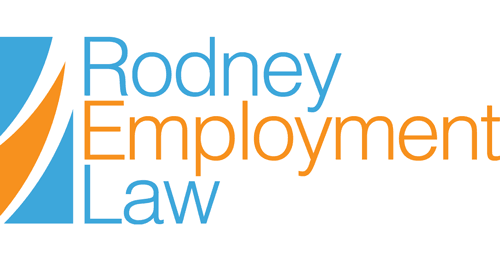Tomorrow is Election Day in Ontario and given the great ideological disparity between the two frontrunners, Doug Ford’s Progressive Conservatives and Andrea Horwath’s New Democratic Party, we here at Rodney Employment Law are eagerly awaiting the results, to gain a better understanding of the direction the new party will be taking the province.
While all three parties have presented platforms with campaign promises surrounding everything from hydro to healthcare to education to child care – given the nature of our firm, we are particularly interested in what the parties are saying about employment and tax rates!
In this regard, it is important to remember that the vast majority of individuals working in Ontario are governed by the Ontario Employment Standards Act, 2000 (“ESA”). The ESA provides the minimum standards that govern employees and employers in most Ontario workplaces. Accordingly, the provincial government is given a fair bit of latitude to pass legislation that may affect you each and every day in your workplace. For example, the current Kathleen Wynne led Liberal government was responsible for enacting the recent, Fair Workplaces, Better Jobs Act, 2017 (“Bill 148”). If you recall, this Act instituted sweeping legislative changes to the ESA including: increasing minimum wage, enhancing vacation entitlements, introducing Personal Emergency Leave, along with a slew of other significant amendments. If you are interested in reading more about Bill 148, over the past year we have written extensively on different aspects of these amendments for TLOMA Today, The Lawyers Daily, and CSAE Trillium.
While Rodney Employment Law is staying politically neutral, here is a quick breakdown of what the three major parties are promising in regards to employment and tax rates leading up to the big day on June 7, 2018:
Liberal Party (Kathleen Wynne):
- Minimum Wage: Will increase the $14.00 per hour minimum wage to $15.00 on January 1, 2019.
- Personal Income Tax: Will abandon the provincial surtax (a tax affecting those earning higher incomes) and readjust Ontario’s tax brackets. This will result in increased tax rates for approximately 1.8 million Ontarians costing them an average of $200 more, while close to 700,000 Ontarians would see an average tax cut of $130.
- Pension: Will expand access to private sector employer-based pension plans.
Progressive Conservatives (Doug Ford):
- Minimum Wage: Will freeze the minimum wage at $14.00 per hour.
- Personal Income Tax: Will introduce an income tax credit for workers earning minimum wage so that anyone making less than $28,000 a year would pay no income tax.
- Personal Income Tax: Will cut middle-class income taxes by 20% for those earning $42,960 to $85,923 annually.
- Corporate Tax Rates: Will cut corporate tax rates from 11.5% to 10.5%.
- Small Business Tax Rate: Will cut the small business tax rate from 3.5% to 3.2%.
NDP (Andrea Horwath):
- Minimum Wage: Will increase the $14.00 per hour minimum wage to $15.00 on January 1, 2019.
- Personal Income Tax Rate: Will raise income tax rates by 1% for those earning more than $220,000 and by 2% for those earning incomes greater than $300,000.
- Pension: Will expand pension coverage by reducing potential barriers to join public jointly-sponsored pension plans and will expand the pension benefits guarantee fund to $3,000 per month.
- Vacation: Will enhance the vacation entitlement to guarantee all full-time workers receive three full weeks of paid vacation, regardless of seniority.
- Corporate Tax Rate: Will increase the corporate tax rate from 11.5% to 13%.
The above information is a brief summary of only a small segment of the party platforms intended for voter education purposes only. For more information on how and where to vote, please visit https://www.elections.on.ca/ to answer any questions you have. To review the full party platforms, please visit the links below:
Liberal Party: https://platform.ontarioliberal.ca/
Progressive Conservatives: https://www.ontariopc.ca/plan_for_the_people
